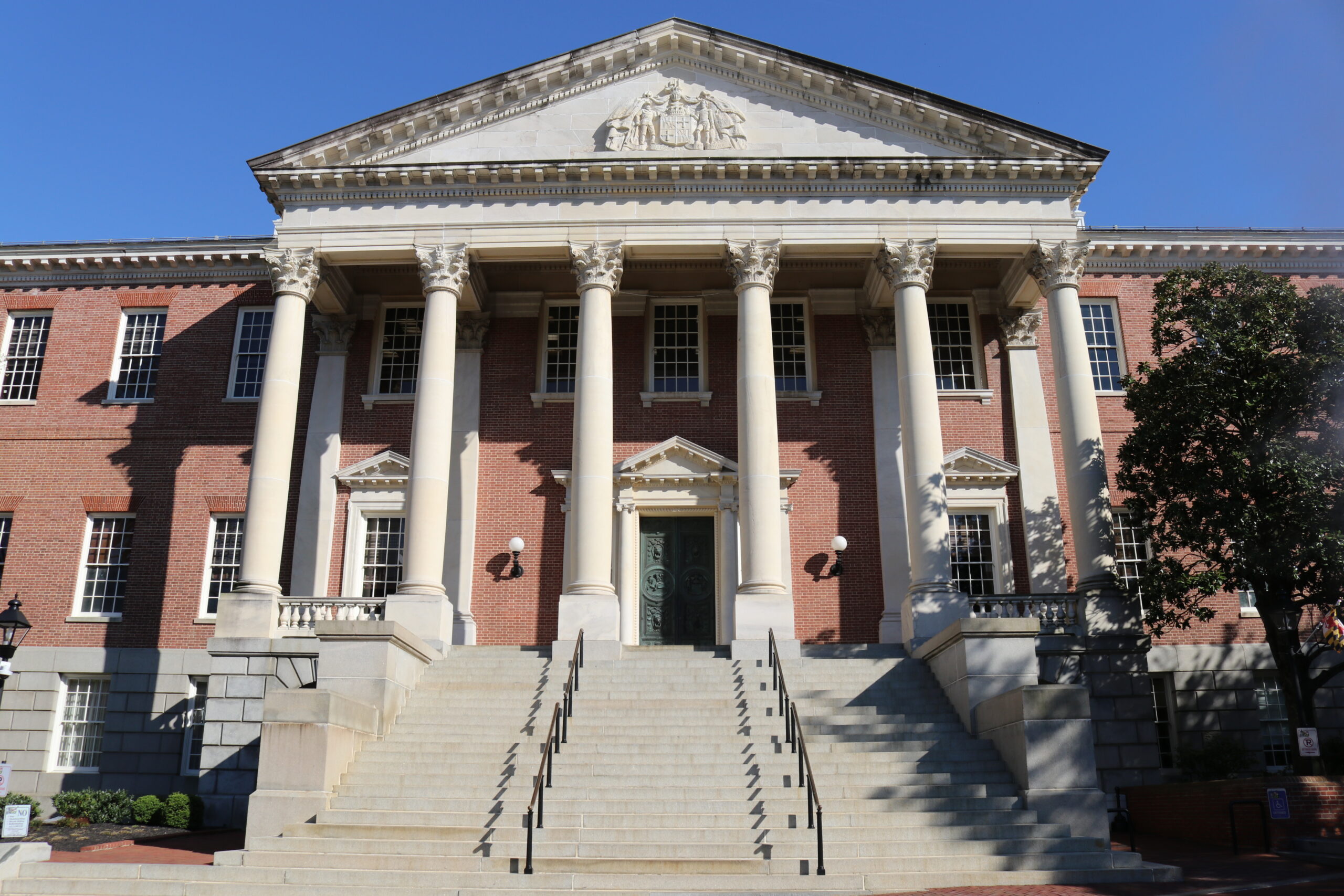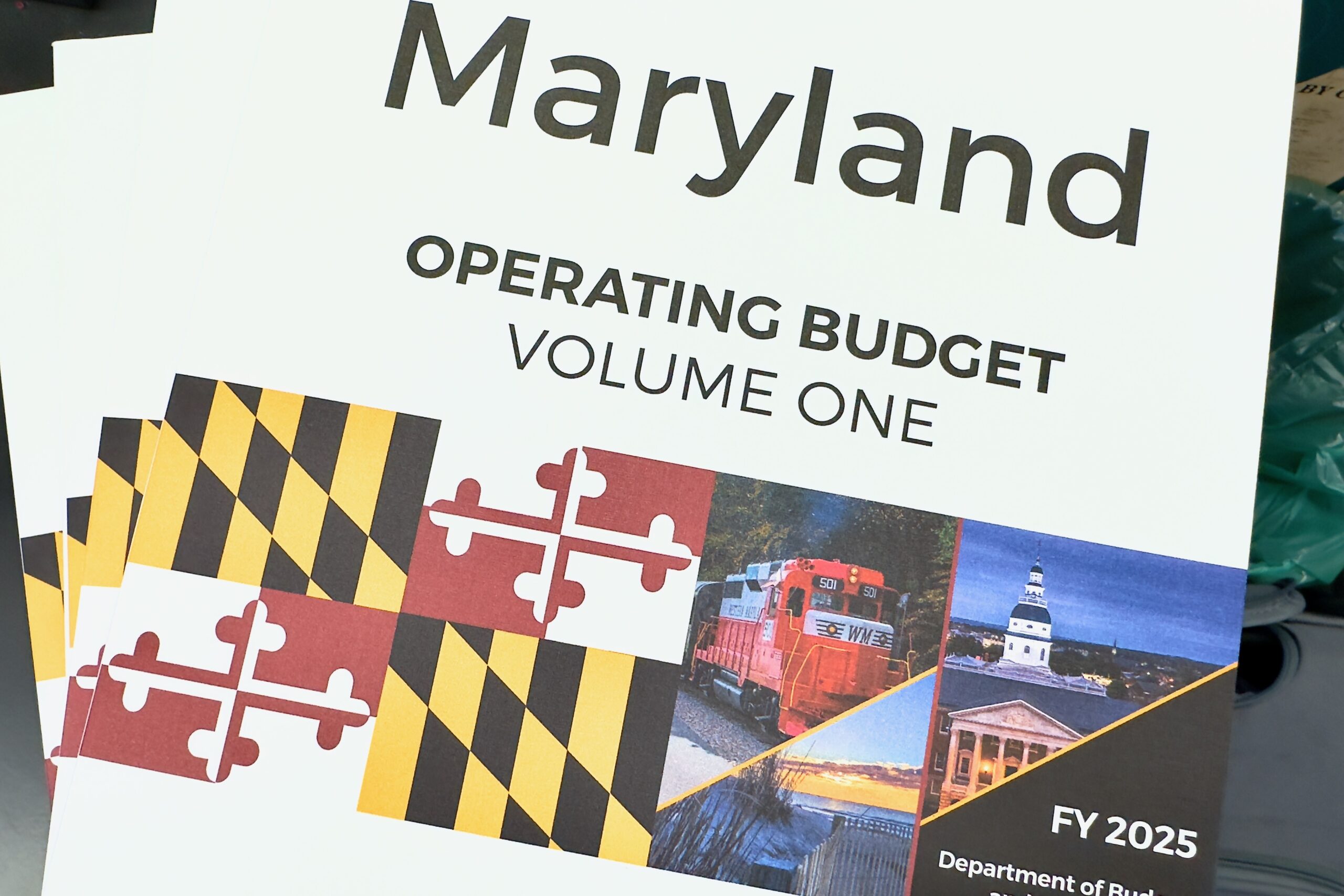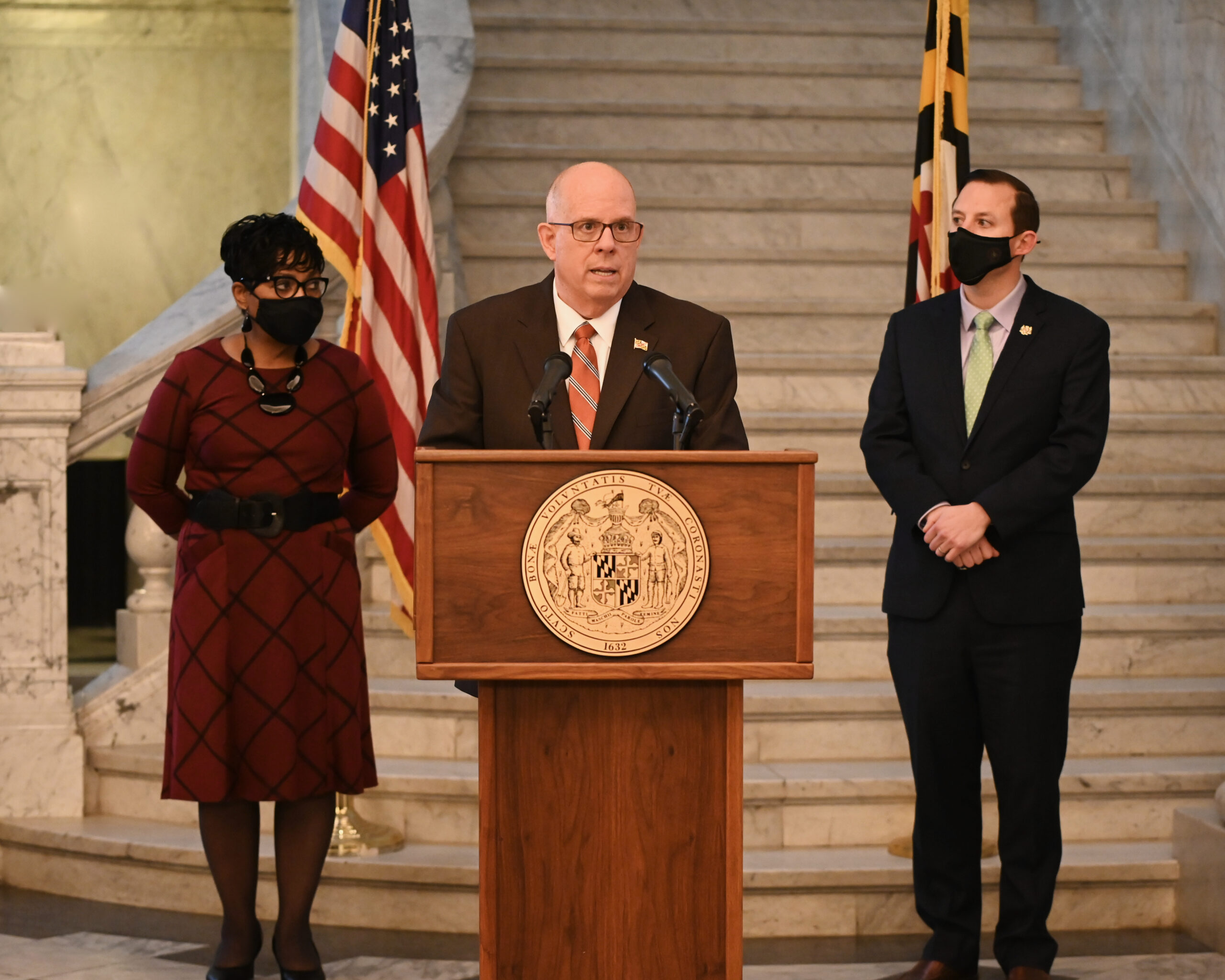Legislators Look to Attack Structural Deficit in 2020 Session

Despite an expected surplus this budget year, Maryland lawmakers will work during the 2020 legislative session to close an anticipated budget deficit for 2021 ― and that’s before figuring in additional spending for proposed education reforms.
The Spending Affordability Committee, a bipartisan panel of legislative leaders, voted unanimously Tuesday on several recommendations to address and eliminate the predicted deficit for the 2021 fiscal year.
David C. Romans, fiscal and policy coordinator for the Department of Legislative Service’s Office of Policy Analysis, told committee members that current spending and revenue patterns are likely to produce a $206.1 million cash shortfall at the end of the 2021 fiscal year, resulting in a structural deficit of about $419.2 million. That structural deficit is expected to deteriorate further in the future, growing to about $1.2 billion by the 2025 fiscal year.
He recommended that the legislature look at $419 million in budget adjustments ― cuts or establishing new revenues, or a combination of both ― to address the structural budget issue, particularly because current projections reflect a relatively healthy economy with less dependence on government programs.
“This is kind of a best-case forecast in some respects,” Romans said. “At some point, things are going to slow down a little bit and it will get worse. So we think it’s important that you try to take some action this year.”
The committee unanimously recommended that the legislature maintain structural balance in the state’s final 2021 spending plan, which would position the state to deal with long-term budget challenges, economic uncertainty and allow new investments in education.
While the state’s budget process is largely driven by Gov. Lawrence J. Hogan Jr. (R), the Spending Affordability Committee is charged with making recommendations for state spending, new debt authorization and state personnel levels. Since the committee was created in the early 1980s, the legislature has adhered to the committee’s recommendations in all but one year.
Other recommendations unanimously supported by the committee on Tuesday include maintaining a general fund balance of at least $100 million and a Rainy Day Fund balance of at least 6 percent of revenues. The committee also recommended that lawmakers ratchet up a revenue volatility cap, which generally limits how much the state budget can depend on capital gains tax revenues from Maryland’s wealthiest residents and limits how much of those taxes can be spent in a given year.
The committee also recommends a $1,095 million limit on new general obligation bonds in the 2020 session and $32 million in new academic revenue bonds for the University System of Maryland.
The committee’s final recommendation expressed concern about vacancies in state agencies that are chronically understaffed or deal with public safety or vulnerable populations. The committee noted the more than 2,000 vacant positions within the Department of Public Safety and Correctional Services, where union employees have complained about unsafe conditions in state prisons.
The committee agreed to encourage the Hogan administration to act expeditiously to fill the positions and remove barriers to employment in critical positions. Earlier in the day, Department of Public Safety and Correctional Services Secretary Robert Green said state efforts to fill needed positions in state prisons include an increased starting salary and streamlined hiring fairs.



 Creative Commons Attribution
Creative Commons Attribution